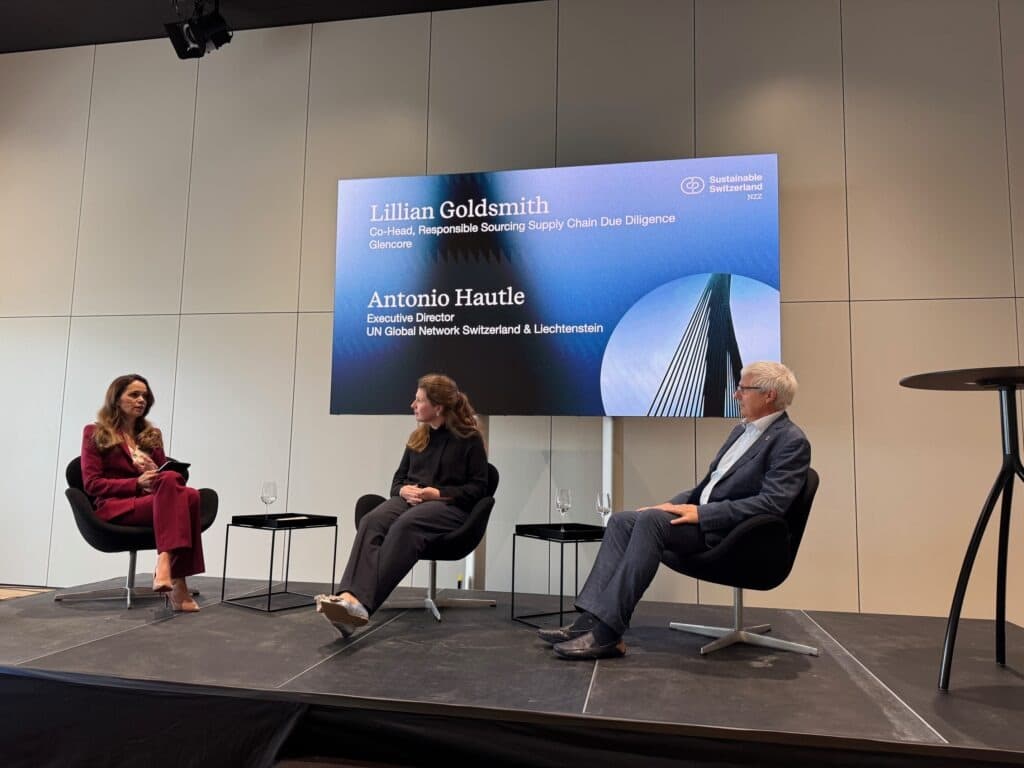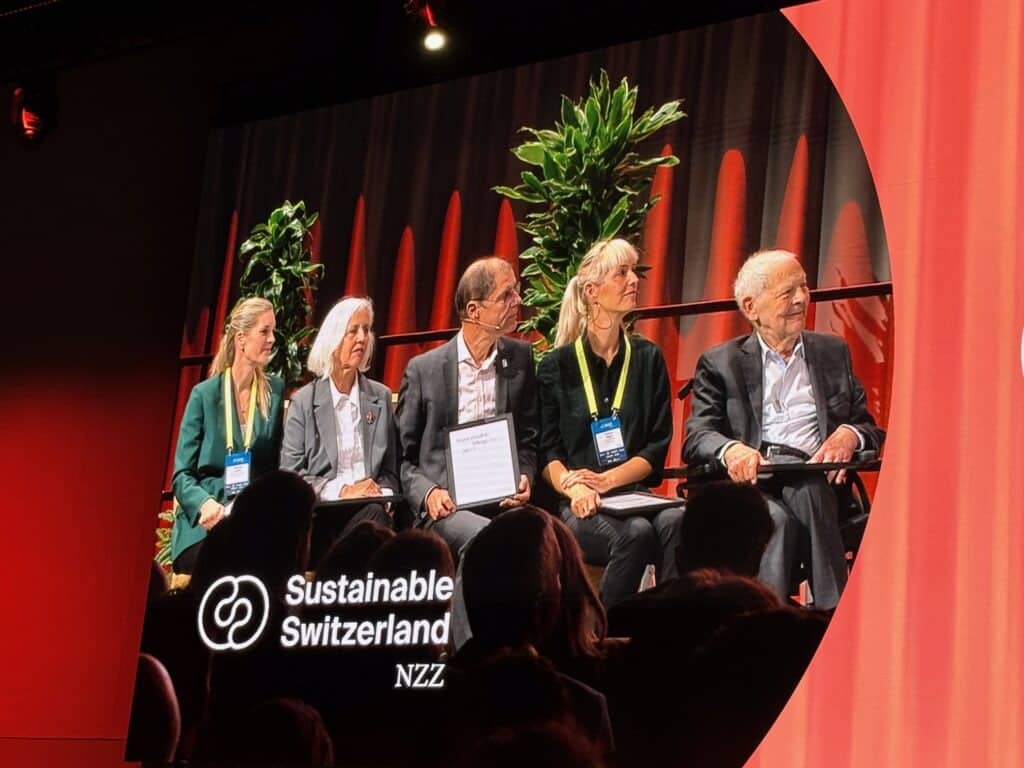Ecologist Mathis Wackernagel coined the term “ecological footprint”. In an interview at the NZZ Sustainable Switzerland Forum 25, he warns: “Resource security will be the key issue of the future for both countries and companies. And it will determine who survives in a world of scarce goods.
May 7 was the end, at least in Switzerland. On this day, the country had already used up all the resources that would be available to it for the whole year if it lived within its ecological capacities. Overshoot Day is getting closer every year. Worldwide, it fell at the end of July in 2023.
“Since the 1970s, we have been consuming more than the earth can regenerate. Nevertheless, since then we have burned four times more fossil fuels than in the entire history of mankind before that,” explains Mathis Wackernagel, co-founder of the Global Footprint Network. The diagnosis is clear: we are permanently living beyond our means. And while a financial deficit can be bridged in the short term with loans, there is no bank in the world for ecological debt.
The suppressed risk
Why are societies and governments so slow to react, even though the facts have been known for decades? Wackernagel also sees the problem in psychology: “If people see no advantage in the information, they fight it. Then the therapy seems worse than the disease,” he says.
One example: For many people, driving less doesn’t mean freedom, it means doing without. Eating less meat sounds like a loss of quality of life. But it is actually about opportunities, such as lower costs, less dependency, healthier nutrition. But as long as the advantage is not clearly recognizable, the brain blocks it.



Resource security as a hard currency
Wackernagel is pushing for a perspective that goes far beyond traditional environmental policy: resource security. Over 80 percent of the world’s population live in countries that consume more than their own ecosystems can provide and at the same time have lower incomes than the global average. These countries cannot simply buy the resources they lack on the world market. The result: a growing geopolitical divide.
Resource security is no longer a “nice-to-have” for companies. “Companies that reduce global overshoot will have the best chance of creating value in the future,” says Wackernagel. Investments in energy efficiency, the circular economy or regenerative agriculture are no longer just ecological measures, but hard-hitting business strategies.
Lessons from China and for Switzerland
A look at China shows how resource security can become a state doctrine. Terms such as water, energy, biodiversity and food security appear on every page of the five-year plans. Resource conservation is not a side issue there, but the core of economic policy.
In Europe, on the other hand, the debate continues: between climate targets, industry interests and consumer wishes. Switzerland has one of the earliest Overshoot Days in the world, but according to Wackernagel, there is hardly any debate about resource security.
Market failure in its greatest form
Economists speak of the biggest market failure of our time: resources are massively undervalued. If their real costs were included in prices, many consumer habits would simply be unaffordable. But this is precisely where the opportunity lies: those who manage to develop business models that create more value with fewer resources will be the winners in a new, tougher world order.
The new front line of the economy
Mathis Wackernagel puts it in a nutshell: resource security determines prosperity and stability for states, companies and individuals. Overshoot Day is not a symbolic date, but a stark reminder to business and politics.
The message is uncomfortable: those who continue to live on credit risk collapse. Those who rethink will secure the future.
Binci Heeb
Read also: When extreme weather becomes the norm





